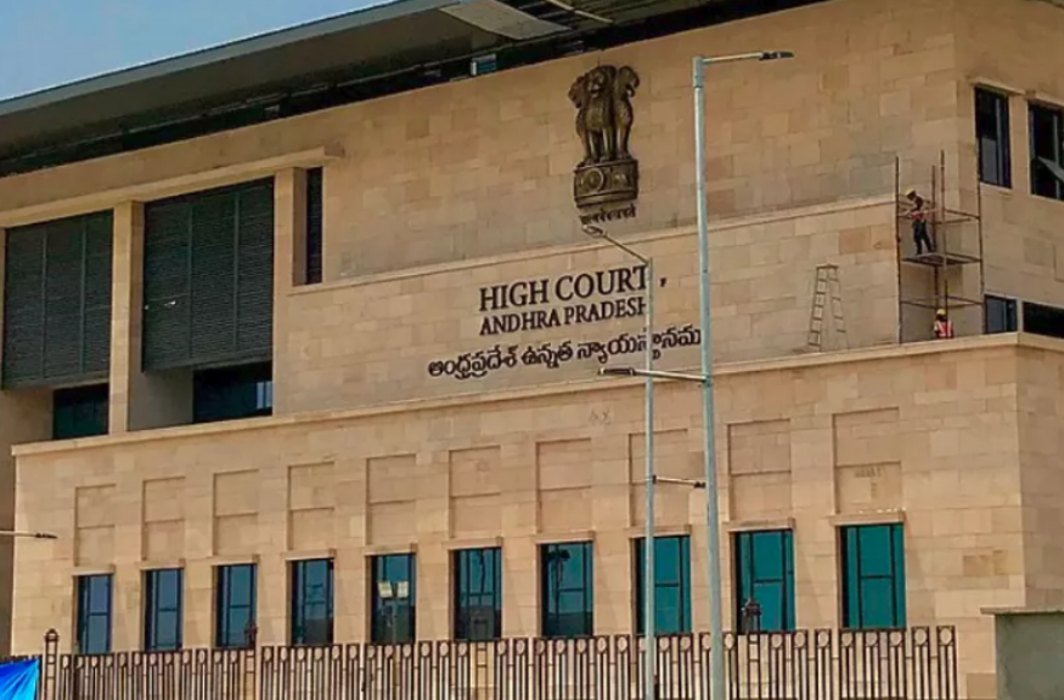The Court questioned who else but the women of the armed forces would have the courage to confront such violence, as it recently ordered the Union Ministry of Defence to establish an Internal Complaints Committee (ICC) to handle sexual harassment complaints.
Justice RN Manjula issued the order, directing the Armed Forces to ensure that the ICC complies with the mandate of the Sexual Harassment of Women at the Workplace (Prevention, Prohibition, and Redressal) Act, 2013 (POSH Act). Additionally, the Court mandated the central government to conduct gender-sensitive awareness trainings to sensitize all armed personnel.
The Court also provided guidelines for district courts when dealing with offenses involving military personnel. It specified that the district judiciary should follow the principle established in the case of Som Datt Datta v. Union of India, and the chargesheet should be submitted before a magistrate, not before the “Court Martial” authority handling the case.
The case before the Court involved a female flight lieutenant of the Indian Air Force who alleged she was violated by a colleague at the Air Force Administrative College in Coimbatore. She claimed that she faced coercion to withdraw her complaint and underwent a degrading medical examination at the Air Force Hospital after the incident.
The Court expressed concern about the victim’s experience of being degraded and compelled to withdraw her rape complaint from the Air Force Administrative College authorities.
In light of the current awareness and sensitivity, the Court questioned why a victim of sexual offense in the Armed Forces did not feel comfortable enough to file a complaint and why she faced pressure and criticism for having the courage to do so. The Court emphasized the importance of preventing “secondary victimization” of sexual assault victims and stressed that all establishments, including the Armed Forces, must strictly comply with the requirements of the 2013 POSH Act.
The High Court issued this order in response to an appeal filed by the State on behalf of the Coimbatore All Women Police Station, challenging a lower court’s decision to transfer the accused to the Air Force despite being remanded to judicial custody.
During the investigation initiated by Air Force authorities, the accused was allowed to move freely on the Administrative College campus and even attend the same class as the complainant. Subsequently, the woman contacted the Coimbatore police for help.
After the police filed a report and the suspect was arrested and remanded to judicial custody, the Air Force sought custody of the accused due to pending court martial proceedings. However, the lower court made an error by allowing the police to conduct a parallel investigation while transferring custody of the accused to the IAF.
The Court noticed a power struggle evident in the counter affidavit filed by the Air Force Administrative College, which made disparaging statements about the State police’s performance, using isolated incidents as justification.



